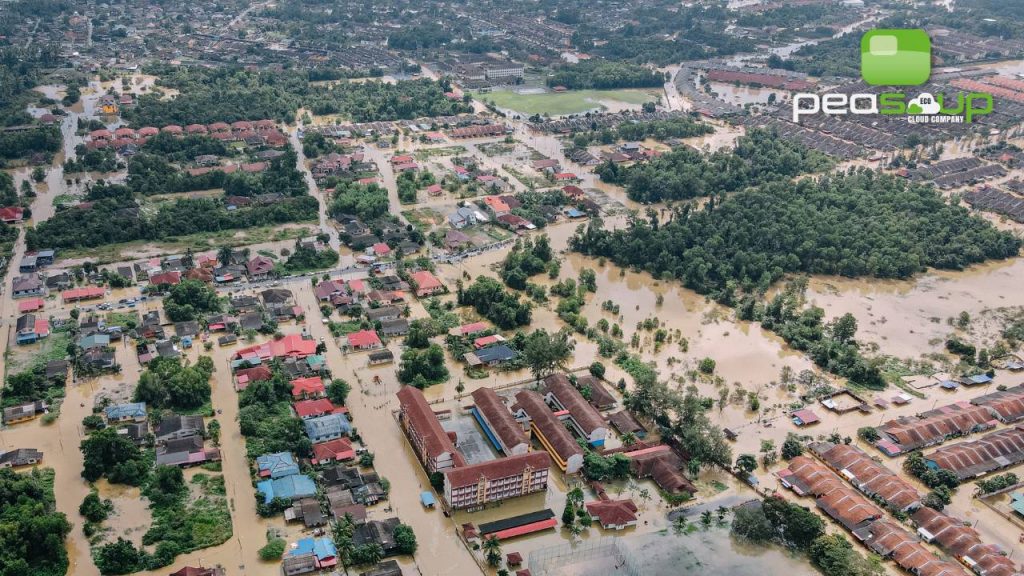Climate change and its impact on cloud stability
Let’s think about climate change and its impact on cloud stability, especially in areas that may experience adverse weather events for the first time
If the adverse weather events that have been experienced in recent years are anything to go by, were are in for a rough ride. The floods have made access to data centres impossible, and the heat waves have led to the disruption of cooling systems in data infrastructures and subsequent outages. Not forgetting the serious shortage of water in some parts of the world which rely on hydroelectric power to light and heat their systems. All these and many more impacts are having a toll on the data centres. Predictions are that such events will become more frequent and their intensity will increase.
Cloud stability getting attention
One question that has been asked over and over, especially at a time when the world is gathered to talk about climate change is the impact it is having on the economic and social spheres. For the first time, its effect on cloud stability is also attracting focus.
Cloud has become an important element. Our lives are now heavily dependent on connectivity. Business operations can come to a halt with data centre outages. Operations in healthcare facilities, learning institutions, and even government offices can be heavily affected if the data centres that serve these critical installations are disrupted.
The close people have come to understand the impact that this would have been the incidences of heavy shelling across the cities of Ukraine where critical infrastructures have been the target. The difference would be that the effects of disruptions due to extreme weather conditions would be felt in a wider area.
Hurricanes and cyclones
The world is experiencing hurricanes and cyclones more frequently and with increased intensity. It has become part of the operation for data centres to monitor hurricanes and cyclones in their location. Hurricane Ian is a perfect example. As it approached landfall, the powerful storm forced data centres across the Florida region to take steps; to prepare the facilities and staff for a disruption that took several days. Luckily the data centres in this region have lots of experience with such extreme weather events and had taken necessary precautions. They had made sure that the buildings were prepared, they had stocked enough fuel, and the staff was already positioned for extended shifts.
Are we ready?
Unlike these regions, some places will experience such events for the first time. This is evidenced by the fact that the climate is changing and new events are being felt in areas where none existed before. When the unfortunate happens, nobody will be ready. It means that data centres will be shut down for days if not weeks. What will this have on the operations that are heavily dependent on data centre services? It is hard to imagine how this will impact the socioeconomic aspect of our lives.
The impact of climate change on cloud stability is real and it is high time that data centres in parts of the world that may not have experienced adverse weather events build their systems in such a way that they can withstand the disruptions which may be occasioned by unfortunate situations.
Preparing their infrastructures for such events, sensitization of the staff, and use of technology that is least disrupted by weather events are some of the measures that data centres may take in addition to improved disaster monitoring.

